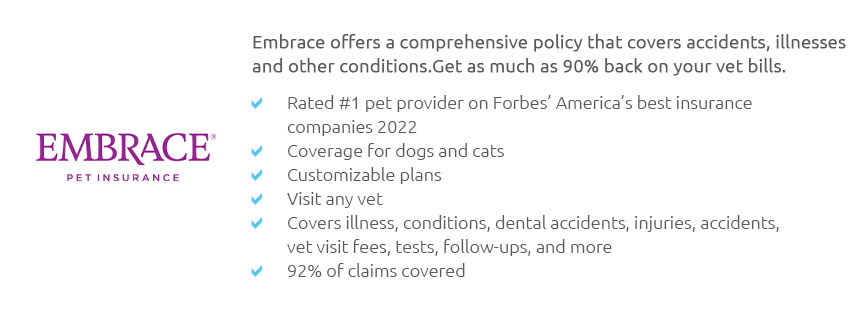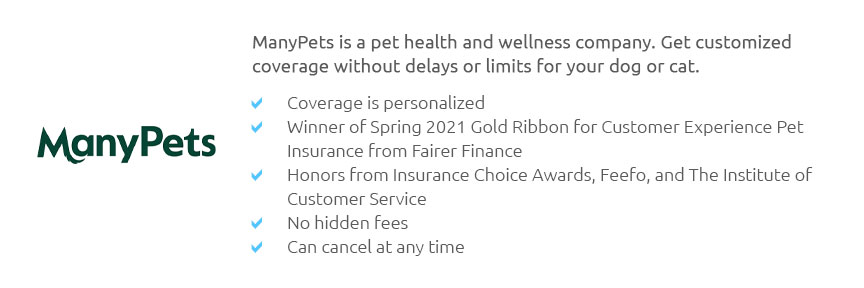 |
 |
 |
 |
 |
 |
|
 |
|
 |
|
 |
|
 |
|
 |
 |
 |
 |
 |
 |
 |
 |
Can You Get Health Insurance for Dogs?In today's world, where the health and well-being of our beloved pets are just as crucial as our own, the question of whether you can get health insurance for dogs is not only pertinent but also increasingly significant. Many dog owners, recognizing the substantial costs associated with veterinary care, are exploring the landscape of pet insurance with a keen interest. Yes, you absolutely can get health insurance for dogs, and it's a prudent decision that could potentially save you from unexpected financial burdens while ensuring that your furry friend receives the best possible care. Pet insurance for dogs is akin to human health insurance in several ways. It involves paying a monthly premium in exchange for coverage of various medical expenses. These expenses can range from routine check-ups and vaccinations to more substantial costs incurred by illnesses, surgeries, or emergency care. The primary goal of dog health insurance is to mitigate financial strain while allowing pet owners to make decisions based on the health needs of their dogs rather than cost considerations. When considering health insurance for your dog, it's essential to understand the variety of options available. Policies can vary widely in terms of coverage, cost, and conditions. Some plans may cover only accidents and emergencies, while others might include comprehensive coverage that encompasses preventive care, dental procedures, and alternative therapies. It's vital to read the fine print and choose a plan that aligns with your dog's specific needs and your financial situation.
Moreover, pet insurance can be particularly beneficial for owners of breeds predisposed to certain genetic conditions. While the upfront cost of insurance might seem like an unnecessary expense, it can be a financial lifesaver in the face of chronic health issues or unexpected medical emergencies. It's worth noting that most insurance policies do not cover pre-existing conditions, so early enrollment is advisable. In conclusion, securing health insurance for your dog is a decision that demands careful consideration of your pet's health needs, your financial capacity, and the specifics of the available insurance plans. It's a decision that reflects a commitment to your pet's health and happiness, ensuring that you are prepared for the unexpected while providing peace of mind. Frequently Asked QuestionsWhat does dog health insurance typically cover? Dog health insurance typically covers accidents, illnesses, and emergency care. Some plans also offer coverage for hereditary conditions, preventive care, and alternative treatments, depending on the policy. Are pre-existing conditions covered by dog insurance? Most dog insurance policies do not cover pre-existing conditions, which is why it's recommended to enroll your pet when they are young and healthy to ensure coverage for future issues. How much does dog health insurance cost? The cost of dog health insurance varies depending on factors like the dog's age, breed, and the chosen plan. Monthly premiums can range from $20 to $60, with more comprehensive plans costing more. Is dog insurance worth the investment? Dog insurance can be a worthwhile investment, especially for breeds prone to genetic conditions or for owners who want to avoid the financial stress of unexpected medical emergencies. https://www.petinsurance.com/dog-insurance/
Having pet insurance for your dog isn't just about covering costsit's about peace of mind. When your dog needs medical attention, the last thing you want to ... https://www.healthypawspetinsurance.com/
With Healthy Paws, you can give your pet the medical care they need. The top-rated cat insurance & dog insurance plans ... https://www.petco.com/shop/en/petcostore/insurance
Discover comprehensive coverage and peace of mind for your furry friend with Petco's Pet Health Insurance. Get customizable plans, reliable protection, ...
|